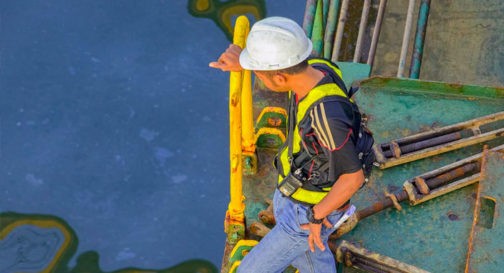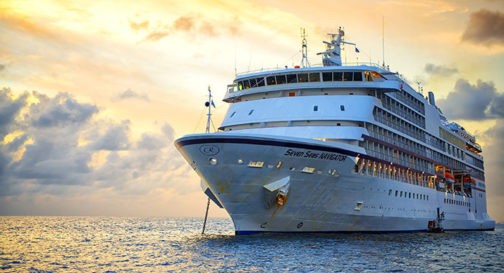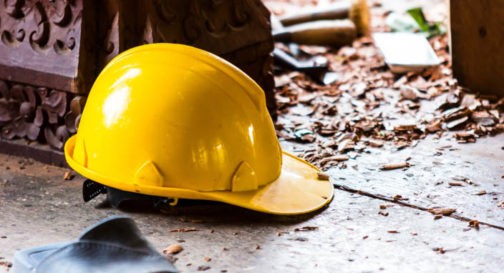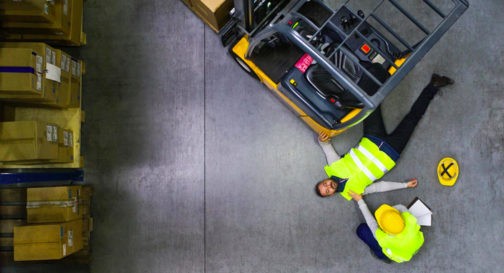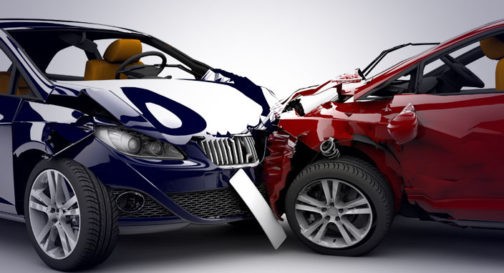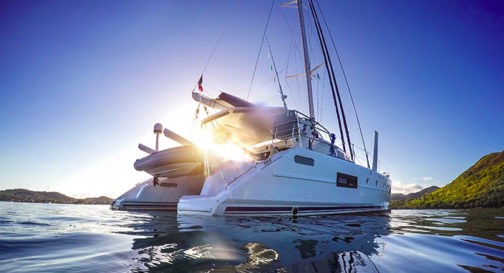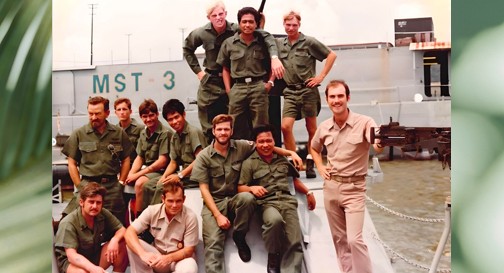What Are the Legal Rights of Tugboat Workers After an Accident?
January 01, 2025
Increased Danger Means Increased Workers’ Rights
Working on a tugboat is no easy endeavor. In fact, statistics consistently show that this job and others like it are among the most dangerous in America. When someone suffers an injury or death in this line of work, the options available to survivors may not be clear. Fortunately, the legal rights of tugboat workers after an accident are fairly extensive.
These rights stem from a variety of statutes and legal doctrines. However, it’s important to know that not all these rights will apply to every situation. The legal remedies available to a tugboat worker after an injury could depend on their specific job, where they were at the time of the injury, whether negligence was involved, and a variety of other considerations.
In such a complex area of law, it’s important to understand the basics.
Protections Under the Jones Act
One of the most important maritime laws ever passed in America is known as the Jones Act. This federal statute provides workers who are classified as “seamen” — including many tugboat workers — with the right to sue employers for workplace injuries linked to employer negligence. Various qualifications must be met to be eligible for compensation under the Jones Act:
- Eligibility: To qualify for compensation, workers must spend a large portion of their employment on the tugboat (typically 30% or more) while it’s “in navigation”
- Employer negligence: Unsafe working conditions, inadequate training, and other forms of employer negligence that contribute to the accident can create liability
- Damages: The injured tugboat worker must also show that actual damages (e.g., medical expenses, pain and suffering, etc.) occurred due to their accident
When each of these requirements are met, a tugboat worker likely has protections under the Jones Act. This means they can file claims in either state or federal court. Injured employees are entitled to a jury trial under the statute. If negligence is proven, the employer will likely be held liable for substantial damages — both economic and non-economic in nature.
Families Using the Death on the High Seas Act
When considering the legal rights of tugboat workers after an accident, many people forget how often fatal accidents occur in maritime employment. The people who don’t overlook this fact are typically the ones who lose a loved one in the course of their job. This is tragic, but the Death on the High Seas Act (DOHSA) offers legal remedies.
For a family to qualify for compensation under this law, their loved one must have died more than three nautical miles away from American shores. Like the Jones Act, the DOHSA applies when tugboat workers die due to negligence. Compensation can also be sought if a vessel was not seaworthy at the time of the accident.
Damages available could include lost financial support and funeral expenses. However, the Death on the High Seas Act does not provide for non-economic damages (e.g., pain and suffering, loss of companionship).
Longshore and Harbor Workers’ Compensation Act
The chance exists that a tugboat worker may not fall under the “seaman” classification at the time of their injury. Perhaps they were a loading worker, or their job was dockside. Fortunately, even these tugboat workers have rights after an accident. This is thanks to the Longshore and Harbor Workers’ Compensation Act (LHWCA).
This federal law offers workers’ compensation benefits such as medical care and temporary or permanent disability benefits. Like the workers’ comp programs in most states, the LHWCA does not require victims to prove negligence. Unfortunately, this also means they cannot seek appropriate damages for their complete losses.
This is why it’s critical to understand tugboat worker rights after suffering an injury. An experienced attorney can assist in this endeavor.
Protections Under General Maritime Law
The LHWCA isn’t the only law that offers basic benefits when a tugboat worker suffers an injury. General maritime law does the same — even if the worker does not qualify for the Jones Act or DOHSA. These legal rights stem from a patchwork of laws, treaties, and legal precedence. Injured workers will typically be entitled to at least maintenance and cure.
These terms are a fancy legal way of saying living expenses (i.e., maintenance) and medical care (i.e., cure). The employer must cover these costs until the worker reaches maximum medical improvement. Fault does not need to be proven. However, employees may be entitled to additional damages if they can show that their employer did not properly maintain the vessel.
Protecting Your Rights After an Accident
When someone asks, “What are the legal rights of tugboat workers after an accident,” they rarely realize how in-depth the answer can be. In addition to the remedies discussed already, tugboat workers may also have recourse under the Outer Continental Shelf Lands Act, state personal injury statutes, and other laws. It’s critical that you know how to protect these rights.
Doing so starts with the following:
- Seek medical attention: If you don’t seek medical care immediately, it could significantly impede your ability to secure justice later
- Report the incident: Under most laws protecting tugboat workers, it’s important to notify an employer of the incident as soon as possible
- Preserve evidence: Take photos, collect witness statements, document unsafe conditions, and gather any other evidence available
- Act quickly: Many of the legal protections for tugboat workers after an accident have deadlines for filing. Failing to file within these time limits could forfeit your right to do so
- Consult a maritime attorney: An experienced attorney can evaluate claims under the applicable laws and work to secure maximum compensation on your behalf
If you follow all these steps, you’ll likely preserve your options when seeking compensation for serious injuries. While there are a variety of rights for tugboat workers after an accident, the simple fact is that the law is sometimes fickle. Even one mistake could result in an injured worker being unable to secure the compensation they fairly deserve.
Considering the fact that government statistics show that maritime work is among the most dangerous occupations in America, these mistakes must be avoided at all costs. At the Law Offices of Preston Easley, our dedicated team of attorneys will work hard to ensure you get maximum compensation. Contact us at 310-773-5207 to schedule your free consultation.


